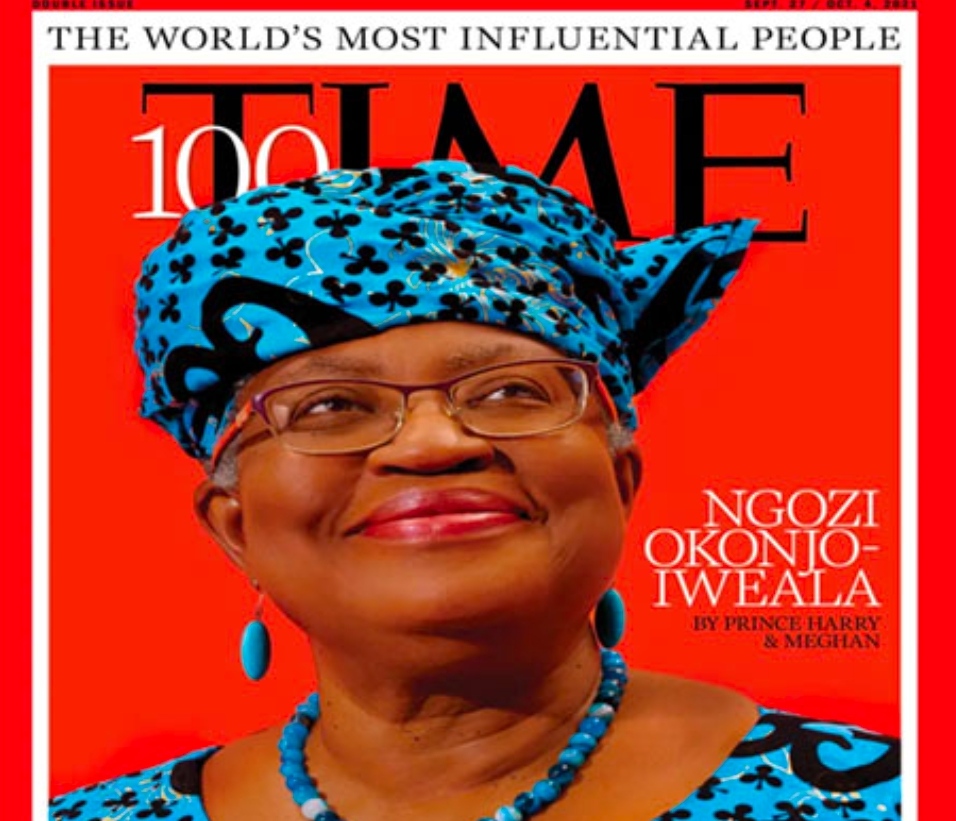FG Tasks Stallion Group On 17% Local Content In Car Manufacturing
 The federal government thursday tasked the management of Stallion Group, manufacturers and assemblers of different brands of vehicles on the 17 per cent local content capacity in its assembly plants.
The federal government thursday tasked the management of Stallion Group, manufacturers and assemblers of different brands of vehicles on the 17 per cent local content capacity in its assembly plants.
The Minister of Science and Technology, Dr. Ogbonnaya Onu, while receiving the group led by its Business Development Manager, Mr. John Abah, in Abuja, said government’s patronage of locally assembled vehicles would depend largely on its local content component, adding that the ministry has over 17 research institutes that can assist company’s increase their local content component.
He added that the ministry has over 17 research institutes that can assist company’s increase their local content component.
According to Onu, Nigeria has a lot to offer car manufacturers and assemblers because of the abundant local raw materials and parts that can help investors increase output.
He added that there was need for redirection in the sector in order to diversify the economy, adding that manufacturing one car requires over 1,000 different components.
“Government wants you to manufacture locally because if you do this, you will create more job and double the 20, 000 jobs that you have now as there are about 1,000 parts in a vehicle and each parts can be manufactured in a small or a medium size economy.
“In that way, you will be growing the economy and also generate more revenue. We also want a situation where you will do research because of you have presence in so many countries, you ought to do research in Nigeria, and it is these Nigerians that will do the research. That is how government will come in and protect our interest as it wants you to move in this direction.
“For example if we take a decision now as a policy that we are going to patronize made-in-Nigeria cars, but now it will be difficult to know who is driving the ones produced here and the imported ones into the country,” he said.
The minister said the leather institute in Zaria has developed materials that the Stallion group can use in its car assemblage plants, adding that: “When you manufacture here, it keeps our economy growing and help create jobs here.
He added that researches have also developed break-pads from palm kernel shelf, a local raw material that Nigeria is endowed with.
Onu said: “These are the things we used to throw away. There is so much money in some of the things we discard, and if Stallion can include that in it programme, then many people will be producing break-pads from palm kernel shells. So manufacturing is the way to go and they have assured us that.”
In his remark, Abah assured the minister that the company would be sourcing over 80 percent of its content locally within the next three years when the Aladja Steel mill begins production of steel components. He said: “You will realise that we have taken over Aladja Steel and Mines Limited, and we are working and hoping that with our international agencies, we will begin to produce Nigerian vehicle parts from that mill.”
On the local content of its locally assembled vehicles, he said: “Our vehicles carry paints and leather made in Nigeria. At the moment, the Nigeria content in the vehicle is between 17 and 25 percent.” He disclosed that the company is also assembling military vehicles that can withstand difficult terrain.







